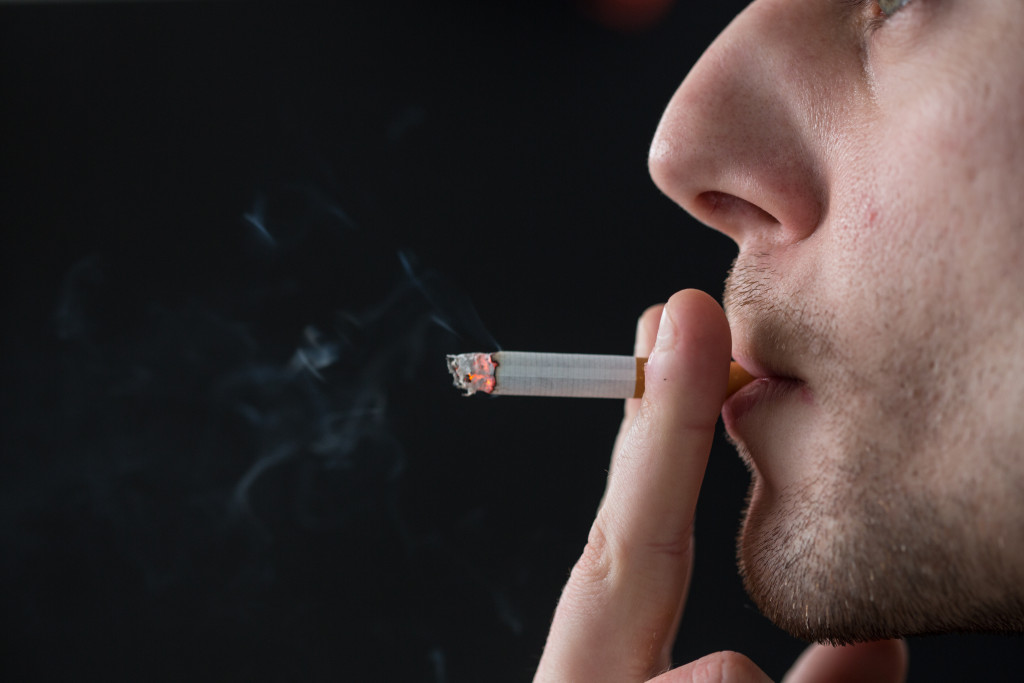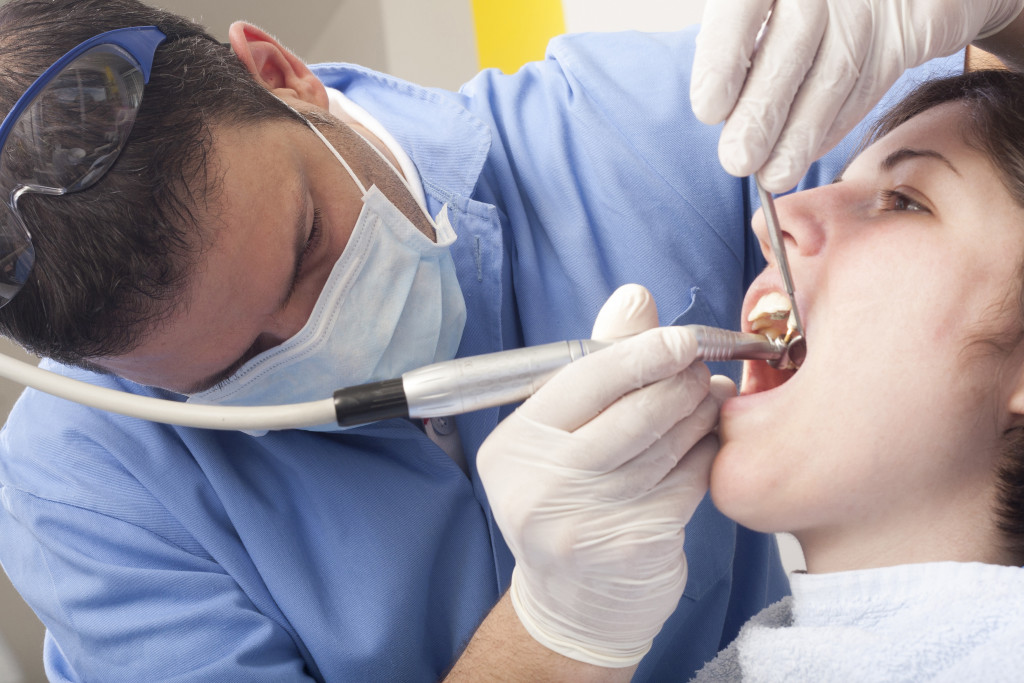- Oral cancer is a form of cancer that affects the mouth, throat, and other parts of the face.
- The leading cause of oral cancer is tobacco use and excessive alcohol consumption
- Poor oral hygiene and HPV infection can also lead to oral cancer.
- Signs and symptoms may include red or white patches in the mouth, painful sores, swelling or lumps,
- Treatment options include surgery, radiation therapy, chemotherapy or a combination of these therapies.
“Oral cancer” is cancers that develop in the mouth, throat, lips, and tongue. These cancers can arise from the lips, gums, tongue, inside of the cheeks, the roof of the mouth, and the floor of the mouth. Oral cancer is uncommon but can be life-threatening if not detected in the early stages.
This article will discuss the causes, symptoms, and treatments of oral cancer. Knowledge is power, and people must understand the dangers associated with oral cancer. By the end of this article, you will know how to recognize the signs of oral cancer and what to expect during treatment.
Causes of Oral Cancer
Oral cancer occurs when abnormal cells grow uncontrollably in the mouth, tongue, or throat. Sadly, oral cancer can quickly go undetected until it has spread; by then, it’s much harder to treat. Therefore, it is crucial to understand the common causes of oral cancer and how to minimize your risk.
Tobacco Use

Tobacco use in the form of cigarettes, chewing tobacco, pipes, or cigars is the leading cause of oral cancer. The risk increases with the amount and frequency of use and can be seen in smokers and those who use smokeless tobacco products. Studies have shown that quitting tobacco use significantly reduces the risk of oral cancer, even after many years of use. Hence, it’s never too late to quit smoking.
Excessive Alcohol Consumption
Alcohol, when consumed in large quantities regularly, can cause damage to the cells in your mouth, throat, and other parts of your body. When combined with tobacco use, this risk is increased considerably. If you consume alcohol and tobacco together, you are at a higher risk for oral cancer but can also be more severe. Limiting alcohol intake and quitting tobacco use can help reduce your risk of oral cancer.
HPV Infection
Human Papilloma Virus (HPV) is a common sexually transmitted infection that can cause oral cancer. HPV-related oral cancers are on the rise in younger people and tend to occur at the back of the throat, including the base of the tongue and tonsils. The HPV vaccine effectively prevents HPV-related cancers and can be administered to young teenagers.
Poor Oral Hygiene
Poor oral hygiene habits, such as not brushing and flossing regularly and not visiting the dentist regularly, may put you at risk of developing oral cancer. Negligence can lead to conditions like oral leukoplakia, a white or gray patch that develops inside the mouth. While it is not cancerous, oral leukoplakia can be a precursor to oral cancer. Therefore, maintaining good oral hygiene and attending regular dental checkups can help detect and treat early signs of oral cancer.
Signs and Symptoms of Oral Cancer
Oral cancer can be challenging to detect in the early stages, but the following signs and symptoms may indicate the presence of cancerous cells in the mouth:
- Red or white patches in the mouth
- Painful sores that do not heal
- Swelling or lumps in the mouth, neck, or throat
- Difficulty swallowing or speaking
- Loose teeth or dentures
If you experience any of these symptoms, you must see your trusted dentist or doctor for evaluation. Your dentist can take a biopsy and refer you to an oral surgeon for further treatment. From there, they will be able to determine the best course of action for your case.
Treatments for Oral Cancer

The treatment for oral cancer depends on the size, stage, and location of the tumor. Treatment options typically include surgery, radiation therapy, chemotherapy, or a combination. Sometimes, a team of healthcare professionals may work together to create an individualized treatment plan.
Surgery involves removing the cancerous tissues from the mouth, throat, or neck. Radiation therapy uses high-energy radiation to kill cancer cells, while chemotherapy uses drugs to kill cancer cells. Both radiation therapy and chemotherapy can have side effects such as nausea, fatigue, and hair loss.
Final Thoughts
Oral cancer can be a scary diagnosis, but early detection and treatment can increase the chances of a successful outcome. Knowing the risk factors and signs, and symptoms of oral cancer is essential. Remember to visit your dentist regularly, practice good oral hygiene, and avoid tobacco and excessive alcohol consumption. When detected early, oral cancer can be treated effectively. Don’t wait until it’s too late to seek help. Stay informed, and stay healthy!
